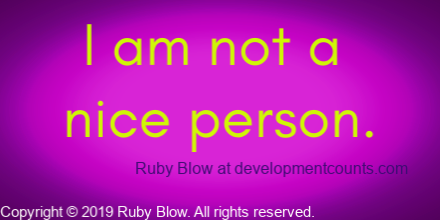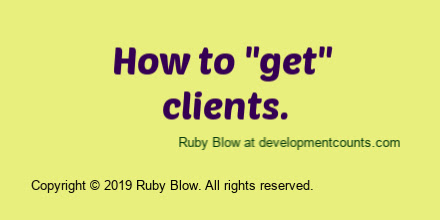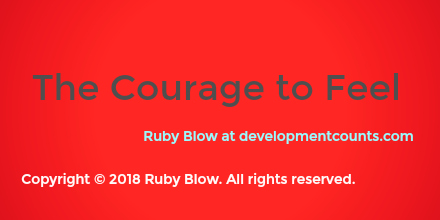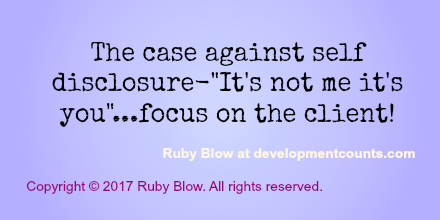Every seasoned therapist knows that what we do is part science and part art!
Evidenced Based Interventions
We use evidenced based strategies and interventions to try to help people recover and heal from numerous emotional/physical ills….including:
- depression,
- anxiety,
- substance abuse,
- trauma,
- loss,
- relationship problems,
- toxic work settings etc…
The Therapeutic Relationship
However, people are more than their presenting problems. They are more than the story that brought them into counseling.
People are complex, interesting and engaging.
We must be infinitely curious about our clients’ inner worlds.
We must be willing and able to tolerate a fast or slow pace in therapy based on:
- the setting,
- the funding,
- the client,
- the therapeutic modality.
We must become experts at forming relationships that are genuine, unselfish, patient, caring, confronting, challenging and accepting.
The interventions of therapy occur in the context of that relationship. If you request change, offer suggestions and generally seek solutions before building that relationship…you’ll be in a constant battle where the client stays the same while you just keep changing “interventions.”
Because I am an interpersonal therapist, I believe the relationship itself is the most impact-full intervention.
When supervisees (early stage counselors) ask questions about how to get a client to change…they are of course asking about the essential task of therapy…change, healing, growth…
So it’s a great challenge… to respond to these “How do you” questions:
- “How do you get the teen to stop acting out?”
- “How do you get the mother more engaged with her kids and less neglectful?“
- “How do you _________________?”
These questions tend to come with a litany of attempts that the supervisee has already made including various versions of begging and cajoling the client into a different behavior…
I wish it was as simple as making a suggestion…offering an alternative… sometimes it is that simple… but rarely without the context of a relationship.
Interpersonal Neurobiology of Attachment
So what is the therapeutic relationship? At its core it is:
- “I see you,”
- “I hear you,”
- “You matter to me,”
- “You matter…period!”
So when beginning therapists only gather information in order to make a suggestion for change and quick problem resolution, they miss the depth-full relationship interventions that can occur with intentional listening, reflecting, and validating.
These relationship based interventions are effective if you trust the process. If you want to learn more about how or why this works…the science of it all…follow the research on interpersonal neurobiology.
Copyright © 2015 Ruby Blow. All rights reserved.
Share your thoughts on Linkedin, Facebook, Twitter





